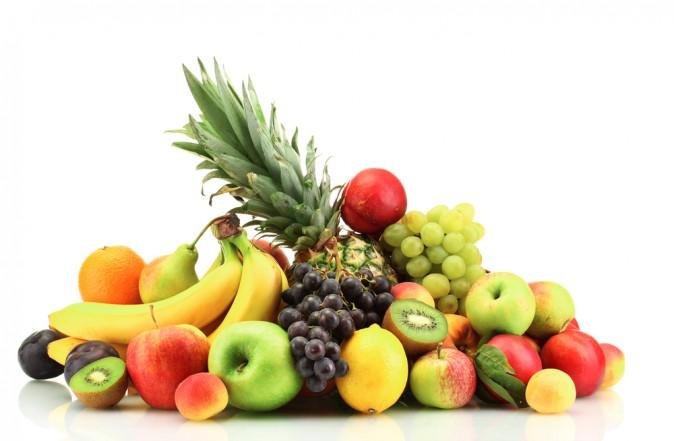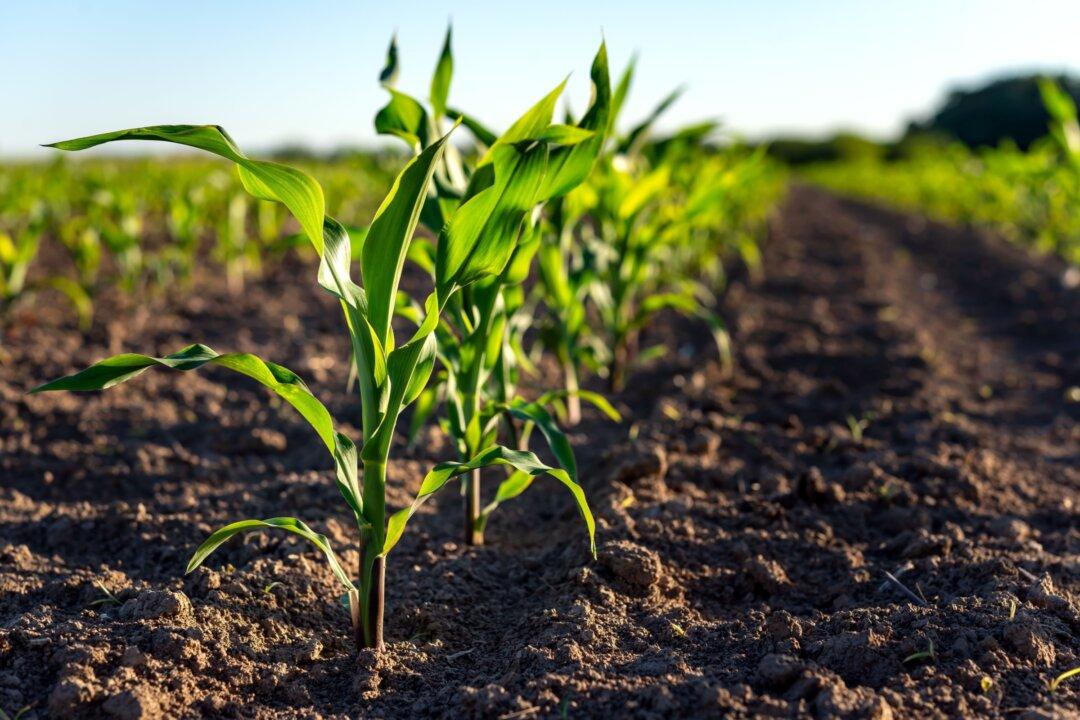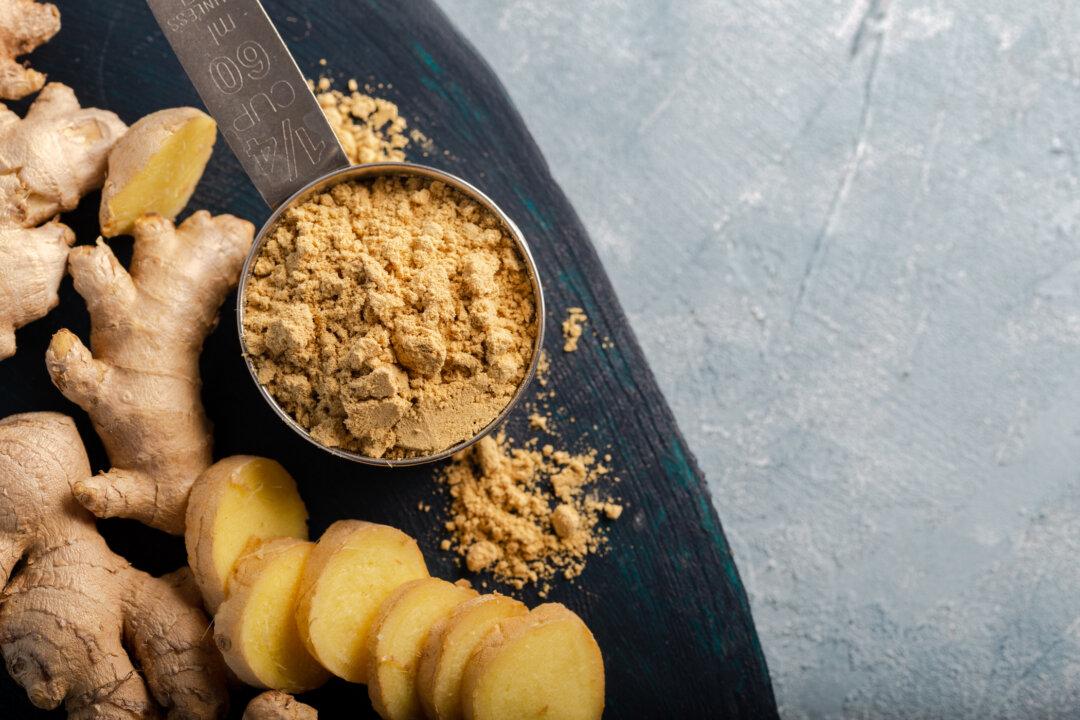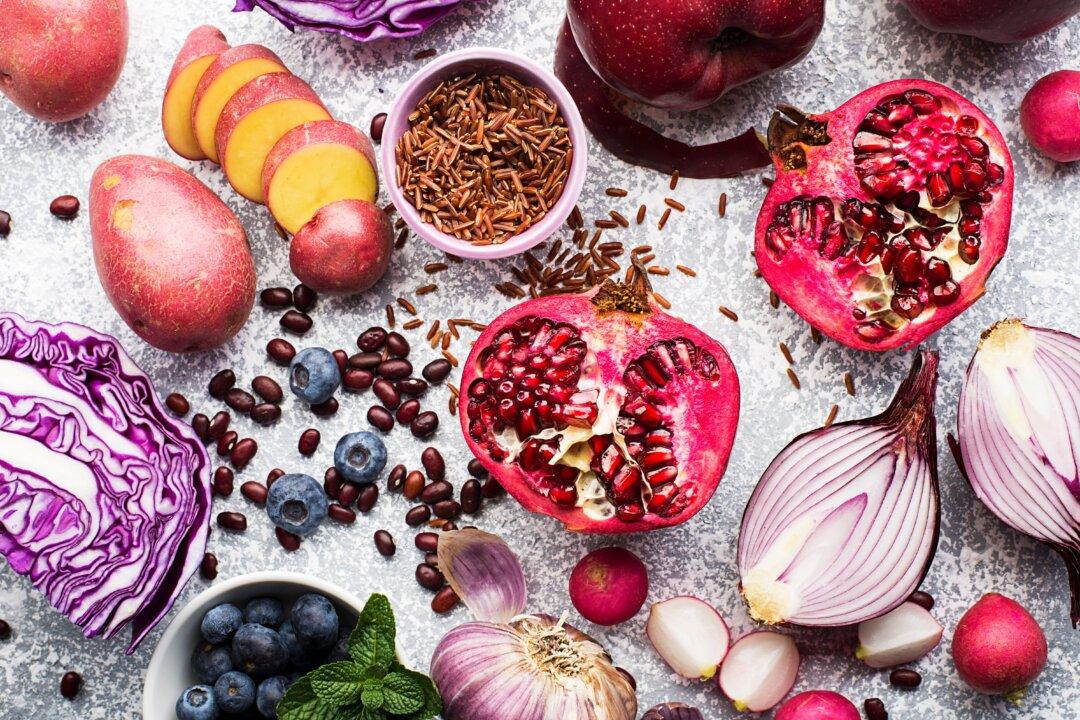Fruit is not only enjoyable to eat -- as it should be, considering the very word fruit stems from the Latin word frui, meaning “to enjoy, use” -- but it also nourishes and protects the body with powerful, built-in medicinal activity. Fruits are by design a “perfect food,” intended to entice animals to consume them in order to help disseminate their seeds, for instance. This means that unlike grains, and other lectin- and anti-nutrient-rich organisms, e.g. wheat, tomato, beans, we humans have chosen to make into our food, fruits are less likely to come equipped with “invisible thorns,” as they benefit as much in being eaten as we do in eating them. Also, like our now hard-wired biological dependence on obtaining vitamin C from external sources (unlike most animals we can not produce it from glucose), countless millennia of fruit consumption has left our genetic infrastructure in need of continual resupply of many of the key vitamins and phytocompounds they contain copious quantities of.
With this symbiotic relationship between fruit-bearing plant and seed-disseminating animal in mind, the following healing fruit facts won’t seem so unbelievable...
Grapefruit – Infection: The seeds of this fruit, at a dose of 5 to 6 every 8 hours for two weeks, have been shown effective in eradicating urinary tract infections, including drug-resistant strains.
Pineapple – Cancer: The enzyme bromelain, extracted from pineapple, has been shown to be more potent that the chemotoxic agent 5-fluorouracil in killing cancer, in the animal model.
Watermelon – Hypertension: Watermelon contains amino acids, such as L-citrulline, which help the blood vessels dilate naturally, countermanding endothelial dysfunction and reducing blood pressure.
Cherry – Inflammation/Pain: Compounds within cherries known as anthrocyanins have been shown to be as effective as NSAID drugs in reducing pain and inflammation.
Lemon – Kidney Stones: Lemonade therapy has been shown to be a reasonable alternative for patients with kidney stones.
Papaya – Skin Ulcers: Used in Jamaica as a traditional medicine, new research indicates that topical application of unripe papaya fruit on chronic skin ulcers generates a positive response rate 72% of the time.

(Shutterstock*)
Pomegranate – Hormones: Pomegranate is the fruiting ovary of the pomegranate plant, contains potent plant estrogens which do not stimulate unregulated cell proliferation, and may function as an ideal “back up” ovary for women’s hormone health.
Kiwifruit – Cholesterol – When used with hawthorn, kiwifruit extract was found to be superior to simvastatin (trade name Zocor) in lowering cholesterol in mice fed a high cholesterol diet.
Cranberries – Cranberry: The extract of this berry has been shown as effective as the drug trimethoprim in the prevention of recurrent urinary tract infections in older women, without increasing the risk of antibiotic resistance/super-infection and/or fungal infection.

(Shutterstock*)
Elderberry – Flu: If you are lucky enough to find elderberry on your produce stand, you will find that it has been used as a natural anti-respiratory infection remedy since ancient times. New research confirms that it contains flavonoids which compare favorably with the antiviral drug Tamiflu at binding to and preventing H1N1 infection.
Coconut – Gastric Ulcers: both the milk and the water of the coconut have been shown to have anti-ulcerogenic properties against NSAID drug-induced mucosal erosion.

(Shutterstock*)
Plantain – Diarrhea: Plantain has been used to treat diarrhea by traditional cultures as a folk medicine, but clinical research now confirms its value in the dietary management of persistent diarrhea in hospitalized children, in relation to diarrheal duration, weight gain and costs.
Strawberries – Heart Disease: Many red fruits and berries have now been shown to be valuable for heart health, but strawberry is beginning to emerge as uniquely beneficial to cardiovascular health. Strawberry powder has been shown to improve the lipid profile and oxidative stress markers, and markers of atherosclerosis, in women with metabolic syndrome. Strawberry extract has also been shown to relax the lining of the blood vessels, which may reduce high blood pressure and disburden the heart muscle from over-exertion.Even the strawberry leaf extract has been shown to increase coronary artery blood flow in a manner similar to hawthorn extract.
This article was originally published on www.GreenMedInfo.com. Join their free GreenMedInfo.com newsletter.
*Images of “fruit“, ”plantain bananas“, ”pomegranate“ and ”elderberries“ via Shutterstock






